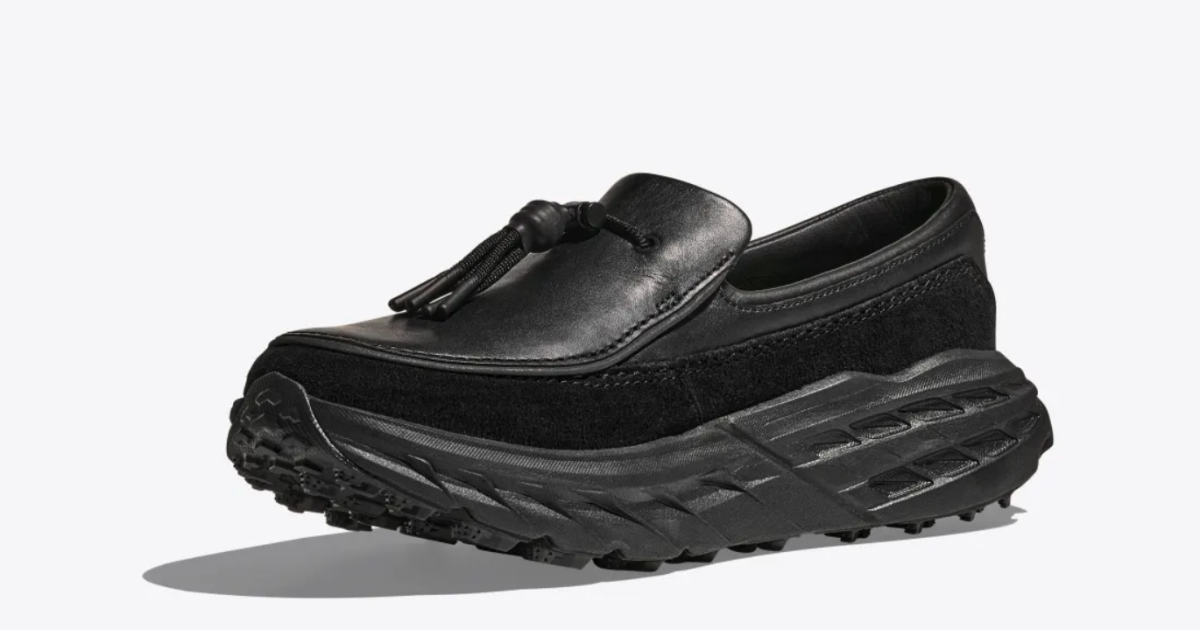Republican Presidential candidate, former U.S. President Donald Trump speaks to attendees during a campaign rally at the Johnny Mercer Theatre on September 24, 2024 in Savannah, Georgia.
Brandon Bell | Getty Images
President-elect Donald Trump’s pledge to impose a blanket tariff on all goods coming into the U.S. could wreak havoc for European carmakers, with Germany’s crisis-stricken automotive sector thought to be particularly vulnerable.
Speaking on the campaign trail in late September, Trump announced his desire to turn Germany’s auto giants into American car firms.
“I want German car companies to become American car companies. I want them to build their plants here,” Trump said in Savannah, Georgia. He added that the word tariff was “one of the most beautiful words I’ve ever heard” and “music to my ears.”
Trump has since announced plans to introduce new tariffs on China, Canada and Mexico in one of his first acts in office. The measures include an additional 10% tariff on all Chinese products coming into the U.S. and a 25% tariff on all goods coming from Canada and Mexico.
Europe wasn’t mentioned in Trump’s first tariff announcement but EU policymakers will likely be worried that it’s just a matter of time before the president-elect turns his attention to the 27-nation bloc’s auto sector.
For Germany, the prospect of U.S. tariffs on European autos comes at a time when it’s top original equipment manufacturers (OEMs) are already reeling.
Volkswagen, Mercedes-Benz Group and BMW have all issued profit warnings in recent months, citing economic weakness and sluggish demand in China, the world’s largest car market.
Rico Luman, senior sector economist for transport and logistics at Dutch bank ING, said Germany’s auto sector appears to be significantly exposed to Trump’s tariff threats.
Germany is by far Europe’s largest exporter of passenger cars to the U.S., accounting for 23 billion euros ($24.2 billion) worth of exports last year, according to data compiled by statistics agency Eurostat and ING Research. That represents 15% of Germany’s total exports to the U.S.
The potential imposition of tariffs on Germany’s carmakers, Luman said, would therefore make a bad situation even worse.
“It is the heart of the manufacturing industry, right?” Luman told CNBC via video call. “So, the automotive industry is linked eventually to the steel industry and the chemical industry, so it is the whole supply chain that’s involved here.”
A German government spokesperson declined to comment when contacted by CNBC.
Volkswagen, BMW and Mercedes-Benz
While some analysts have chosen not to take Trump’s pledge to turn German car firms into U.S. car companies at face value, they warn that additional U.S. tariffs will intensify the challenges facing the global auto industry.
“It was rhetoric on the campaign trail but there is going to be some pressure on imports, whether that would be through a tariff, or some sort of other unilateral action,” Michael Robinet, executive director of automotive consulting at S&P Global Mobility, told CNBC via video call.
“One area that is still concerning for a lot of economists, including myself, is the fact that we’re still hovering around basically 4% unemployment in the United States, so trying to drive a lot of additional work in the U.S. is going to be problematic,” he added.
Volkswagens are seen in the employee parking lot at the Volkswagen automobile assembly plant on March 20, 2024 in Chattanooga, Tennessee.
Elijah Nouvelage | Getty Images News | Getty Images
Separate to Trump’s proposed tariffs on China, Canada and Mexico, the U.S. president-elect has vowed to impose a blanket 10% or 20% duty on all goods coming into the country. It remains unclear, however, whether this pledge will become U.S. policy.
“We are evaluating the tariffs Trump has proposed,” a spokesperson for Volkswagen told CNBC via email.
The Wolfsburg-headquartered company said that over 90% of the vehicles it currently sells in the U.S. market are produced in North America and they meet the criteria for duty-free treatment under a free trade agreement between the U.S., Canada and Mexico (USMCA).
Nonetheless, it is thought that Trump’s proposed tariffs on Canada and Mexico would bring an end to the USMCA.
Mercedes Benz, meanwhile, said it employs more than 11,000 people in the U.S., producing mainly passenger cars and vans across 12 key locations. “We look forward to a constructive dialogue with the new administration in the U.S.,” a spokesperson told CNBC.
BMW, which declined to comment on the prospect of Trump’s tariff threats, has a nationwide footprint of roughly 30 locations across 12 U.S. states, including the largest single BMW production facility in the world in Spartanburg, South Carolina.
Shares of Volkswagen and BMW have both fallen around 23% year-to-date, with Mercedes-Benz Group down roughly 13% over the same timeframe.
‘Everyone just needs to be ready’
“Trump wants more tariffs, so everyone just needs to be ready,” Julia Poliscanova, senior director for vehicles and e-mobility supply chains at the campaign group Transport & Environment, told CNBC via video call.
“I think it is just important for Europe to continue its own course, be it on the European Green Deal or on the electrification agenda. Trump risks putting America behind on a lot of this clean tech and EVs, so it is an opportunity for Europe actually to accelerate at the same time,” Poliscanova said.
“It will be bad news in the short term, for example, for German carmakers, but it is important to understand that this is what the world is. And we just need to do what is best for Europe and European industrial interests — and that is not slowing down,” she added.







